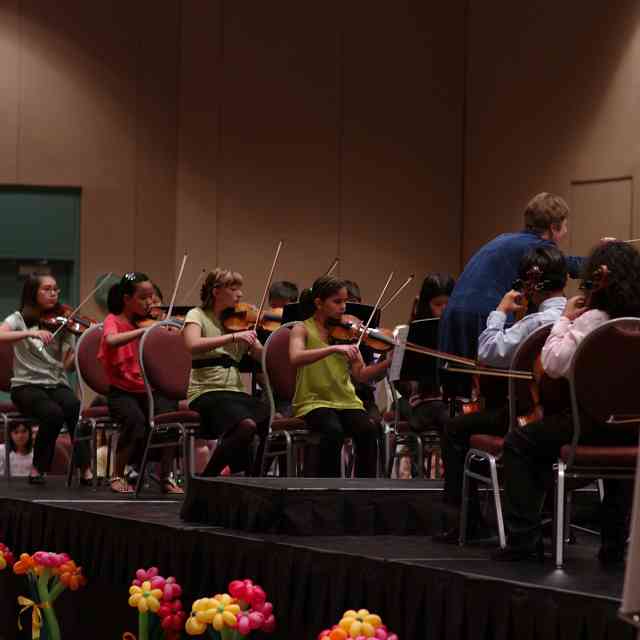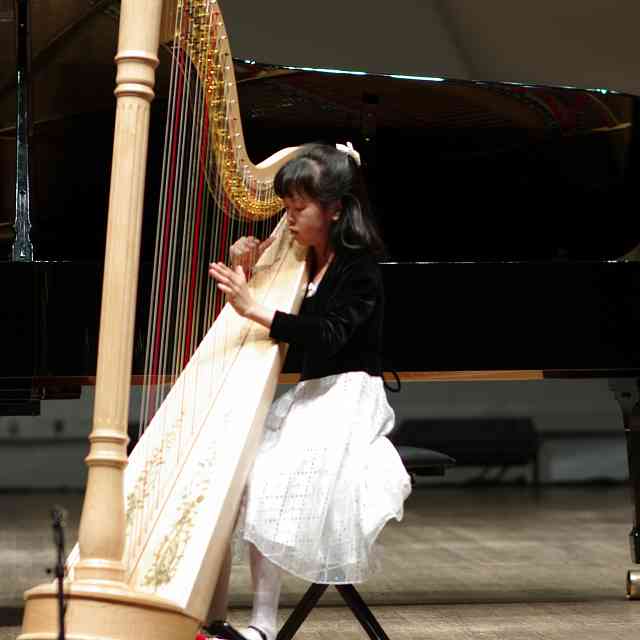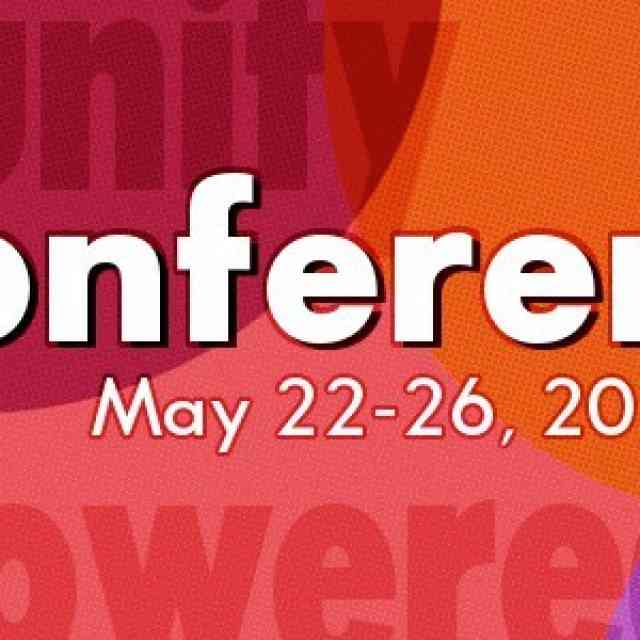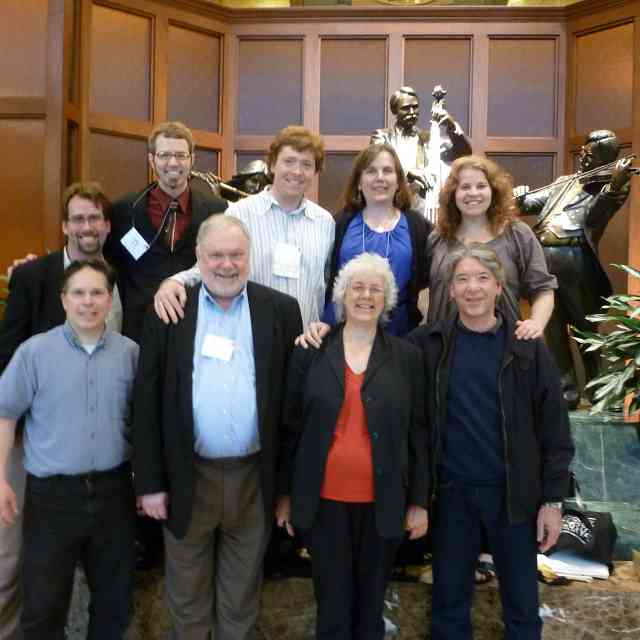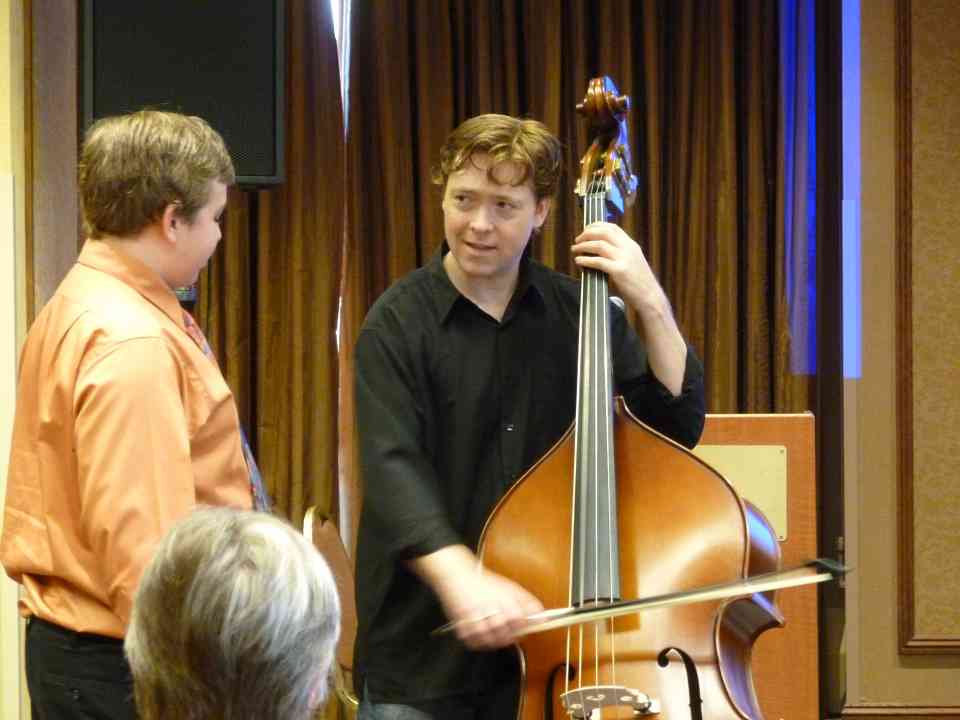
Nicholas Walker Bass Master Class
Bassist Nicholas Walker, guest clinician for bass at the 2012 SAA Conference, sat down to speak with me following Time for Three’s performance at the conference.
What is your teaching background, what are your interests?
I primarily teach at a university, I teach at Ithaca College, and I have had some experience with teaching young students, but mostly at summer festivals, a week here, and a week there. I have not done the work like most of you have done where you’re working week-in and week-out with a large studio of young people and really honing these skills. That’s been really exciting and inspiring this week, to hear ideas about how other people have been doing this work.
This is a great time to do this interview, I think, because we just saw this great show [Tf3] with a really charismatic bassist, and there was also a really wide range of styles that he played. When you think about teaching young bassists, what do you think is most important in their skill development, in developing their creativity?
I think the role of a 21st century musician involves some aptitude in multiple styles. I don’t think it’s just bass players who are doing this. All the great musicians we admire now are doing this—all the latest and most engaging classical music is “crossover” in this way. I think it’s meaningful and exciting for people to hear styles and sounds that they recognize in these new contexts. What’s interesting today is developing skills in composing and improvising, and making arrangements of songs and melodies that people know—these are not new skills, these are the old skills, this is the old way of doing things, this is how people were doing it a few centuries ago. So for me, I love that we’re in a time when this is what’s valued. Certainly, for the double bassists, it’s valued. The double bass is an exciting instrument to play because it’s used in almost every style of music: classical, chamber music, new music, jazz, bluegrass, swing and funk and soul, reggae—whatever! The bass is present in all these forms. I used to feel jealous of violinists, violists, and cellists, because they have such a rich repertoire of music available to them. I used to complain, Why didn’t Brahms ever write us one piece? Saent-Saëns wrote us The Elephant, but he couldn’t have written us a sonata or a concerto? And Verdi—Bottesini knew Verdi, he couldn’t have commissioned Verdi to writes us something great, just an aria, or something? I was frustrated by this for a long time, but now I realize that it’s actually blessing in disguise, because it positions us in a hugely liberating state; we have to come up with our own arrangements, we have to come up with our own sound. No two bass players sound alike, each one is different, and I think that comes from this—we’ve got to invent ourselves, and that’s liberating in the end. Of course all of us are susceptible to being derivative, that happens to any artist, but this seems less prevalent among bassists, and that’s a really fun part of being in the bass world.
We’re always dealing with transcriptions. We’re always dealing with bass lines (harmony and pulse) and accompanimental roles. One of the things that was fabulous about tonight’s concert is how well the violinists can accompany—they can accompany each other and they can accompany the bass, and they know how to do that. Not all upper string players and cellists have these skills taught to them—how can you blend, how can you make the people around you sound better, how can you play three notes of a simple bass line in a way that’s compelling and meaningful for a melody, for the whole? Part of the nobility of bass playing is that we have both of these things. Once we can learn melodies and bass lines and begin to put the two together, we have a spectrum of music that I think is quite rich. Esperanza Spalding is an example of this: she sings the melody, and she plays the bass line. I’ve heard her talk in interviews about how she can just be in command of the entire direction of a song, because she’s got control of both ends of that spectrum.
Is that creativity something you can teach?
In terms of teaching creativity, I think we all are creative. It’s the natural human state, it’s part of the Suzuki message, isn’t it? It’s about having a default M.O. for this kind of creativity, for this kind of interaction. It’s not just can you play it correctly, can you do it properly, did you succeed in imitating the example? It’s about how are you going to do it your own way—that’s a built-in part of the bass player culture.
Improvisation is such a natural thing. We’re improvising right now, in our conversation together. It’s normal to improvise. Improvising doesn’t mean I’m inventing new words—all the phrases I’m saying, I’ve said them before, we’ve heard them before—there’s nothing remarkable about that, but we are improvising. I’m responding to you, to your reactions, your questions, and my comments are leading you to other questions that you hadn’t formulated before we began “jamming” together. This is a natural state of human interaction, and I think that’s also a part of the Suzuki paradigm—“the mother tongue”, the connection to the natural language.
How can you teach creativity? I think the question betrays a bias, which is that some people are creative and some people aren’t. I’m not as inside the Suzuki world as others at this convention, but my guess would be that the Suzuki philosophy is that everybody is creative. Everybody has unlimited potential, and each one of us is unique, each life experience is eternal, essential, and sacred, because it’s never happened like this before in all of human history. This is the only time. By virtue of that, it’s all an improvisation. Learning to play music, and feel music, and just touch the instrument in a kind of celebration of each unique experience of now, this is the whole point, for me.
To a lay-person, perhaps a parent, the bass seems like an intimidating instrument, daunting to involve a three-year-old child with. How important do you think it is to start a bassist from a young age?
I think it’s very important. Sometimes there’s something loaded going on with people’s response to the bass. I don’t know what it is, but some bass players still feel like we have to fight to be included in certain arenas. When I performed the other day, a colleague, another bass player, said that a parent sitting next to her remarked, “Wow, what a big instrument—it must be awkward and hard to play that thing.” And then Tracy and I played our first movement, and the parent said again, “Are they actually pushing the strings down all the way? How do they even push them down?” Of course we’re pushing the strings down all the way! This idea that our instrument is insurmountable is misinformation. That’s what was so exciting to me about tonight’s concert—everyone sees a bass player there who’s on equal footing with the violins. His instrument, his role, and his self expression are as viable and meaningful and melodic as the two violinists are. Everybody gets to see that. The more that this happens, the better for everybody.
I always enjoy it when someone says, “Wow, that was so beautiful, I never knew a bass could do that, I never knew a bass could sound like that!” Of course I’m happy to have shown that person the beauty and majesty of our instrument, but I also look forward to the day when the feeling is, “Of course, that’s the bass. That’s how bassists play.” To get there, we need the help of organizations like the SAA; we need the help of the International Society of Bassists, of the American String Teachers Association. We need people to invest in us, as they did in the early days of Suzuki violin, and when viola came in, and cello—there was an investment, there was a belief that we can build the same kind of large cultural movement with these instruments, and integrate them in a meaningful way. It’s time and it’s important that we all invest in the bass in the same ways. We bassists want access to this rich SAA tradition. What happened with Suzuki violin forty years ago is happening with bass now. We have remarkable young bassists starting very early, at three and four and five years old now, and there are strong programs in several corners of the country that are doing amazing things. We learned from you [the Suzuki movement in the Americas] and from what you did, and now we’re in our renaissance. A great cellist I know proclaims that “this is the time of the bass. Bass is on the rise.” And it is! It’s a really exciting time to be a bass player. So yes, I do believe in starting bass students young.
As bass is rising, where do you see the momentum leading? What is the future of bassists in this country?
The same future as for all instrumentalists: We need to find a way to draw people in and connect with them in really meaningful ways in this world of live music. Part of this involves negotiating our way within many different styles. (Tonight’s concert was a great example of that. Look how it touches people!) I just read a commencement speech [given at the New England Conservatory: http://necmusic.edu/eric-booth-2012-commencement-speech] by Eric Booth. Booth says that the difference between entertainment and art is that entertainment confirms your sense of what is. Yep, everything’s fine. Nothing challenging here; what you thought is still true. That’s entertainment. This can be great. This is not a bad thing. Booth says that art challenges our sense of what is, stretches it, or redefines what is—The Time for Three concert tonight did that. That’s what makes it art. I think Booth’s got a great definition. Maybe not entirely comprehensive, but it’s a really good starting point. It’s a fine distinction, in my mind. The future is for all of us to be able to do this, and to do it meaningfully. The future of bass is just that—to be a part of a chamber music group, to be part of a premier ensemble on the closing night of a big festival. And for everybody to have the same expectation of the double bassist, of the level of playing, and the level of expression that we have for great violinists.
I really appreciate being invited here, I really appreciate being included. I learned a lot this week! I worked hard—it was like six events in two days. But, it was really fun and totally rewarding. I really want to publicly thank the SAA, and my sponsor, Connolly Music for including me and making this happen.

